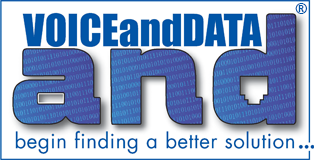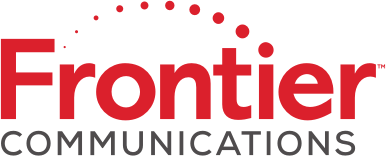In this digital era, several industries prefer storing and accessing data online. The medical industry is no exception as healthcare records are now increasingly being stored and maintained in the cloud. This is the reason why the Health Insurance Portability and Accountability Act, also known as HIPAA Compliance, is put into effect to keep such information secure.
Overview:
HIPAA Compliance was established to keep sensitive personal information confidential and disclosed only when it is required to care for the patient. Such rules also guarantee the rights of patient’s personal information and offer safeguards for health care providers.
Information Subject to HIPAA Compliance:
The health information that are secured as per the HIPAA Compliance rules include details about the patient’s past, present and future physical and mental health condition. Personal details such as demographic information are also included.
What Does HIPAA Compliance Accomplish?
HIPAA Compliance ensures that sensitive information is well secured. Such information will only be passed on to authorized entities whenever it is deemed necessary and is within compliance rules..
How to be Compliant with HIPAA?
There are several standards, safeguards and other regulations that a covered entity must meet in order to be compliant. This is due to the fact that HIPAA Compliance takes into consideration several elements of the work environment and applies strict rules when it comes to security measures.
To add that extra layer of safety to your data, proper HIPAA Compliance is very important. There are many very knowledgeable and thorough third party analyst that can perform audits and provide compliance recommendations for your organization.


























